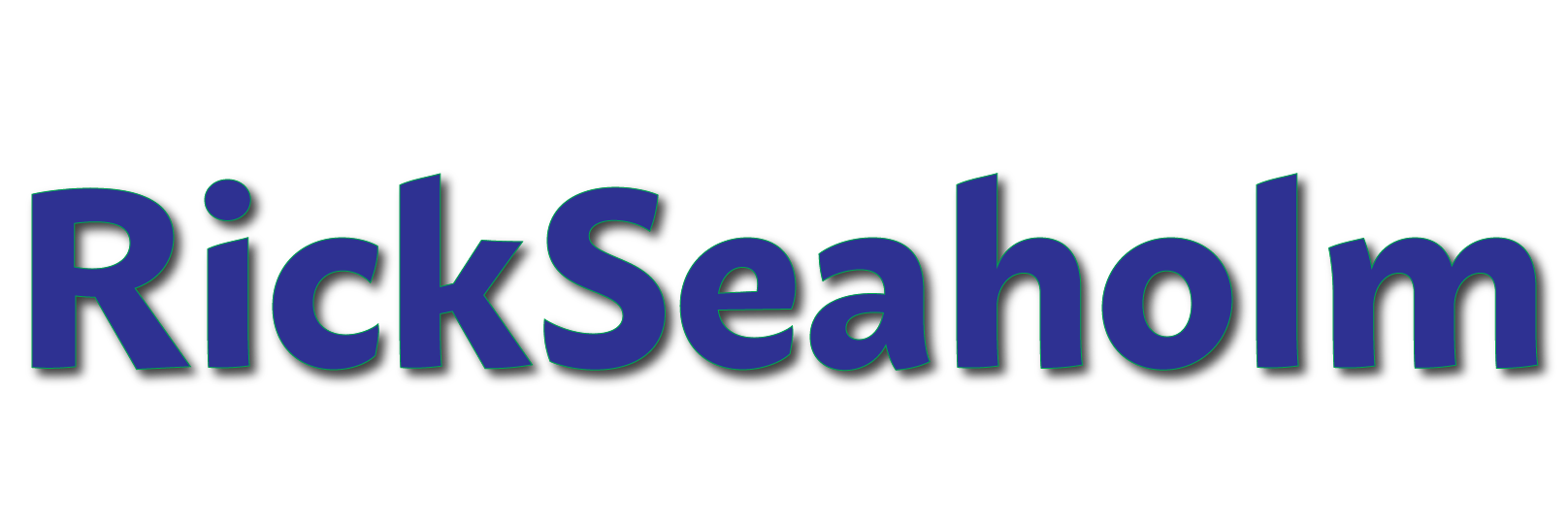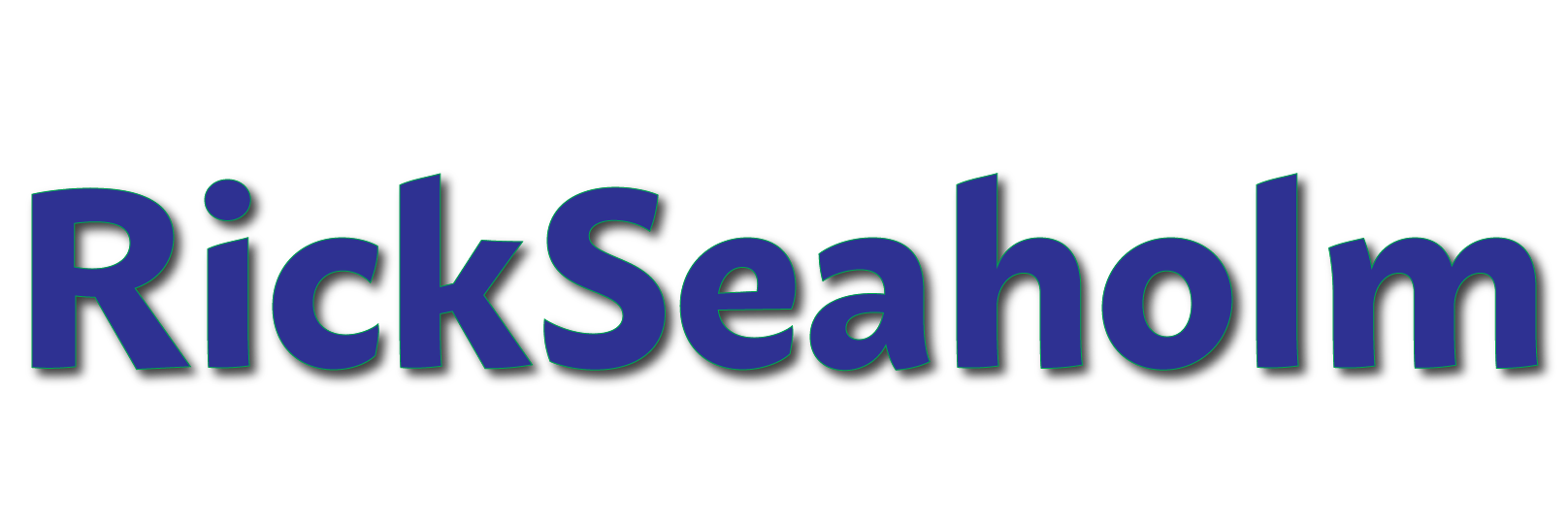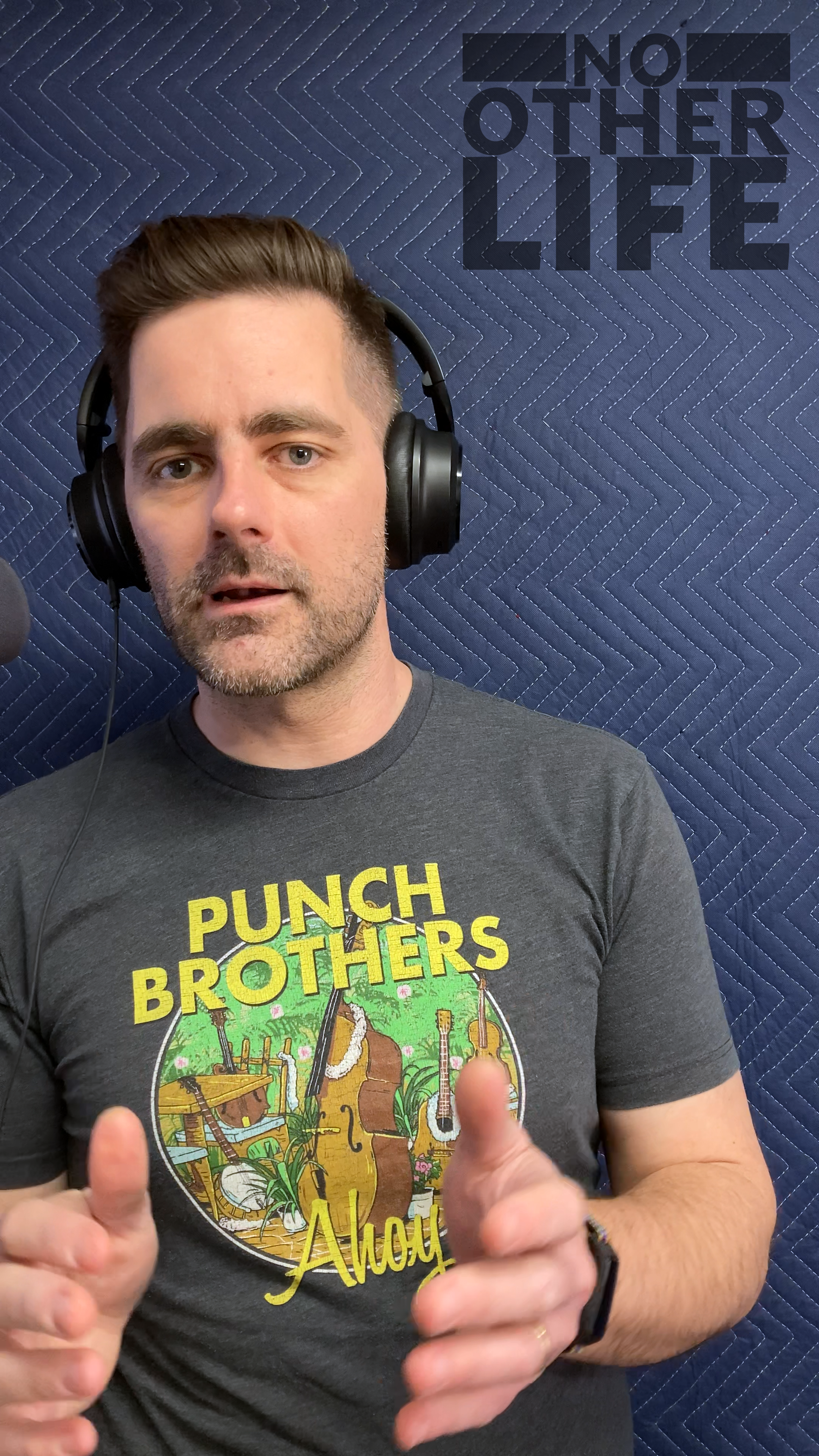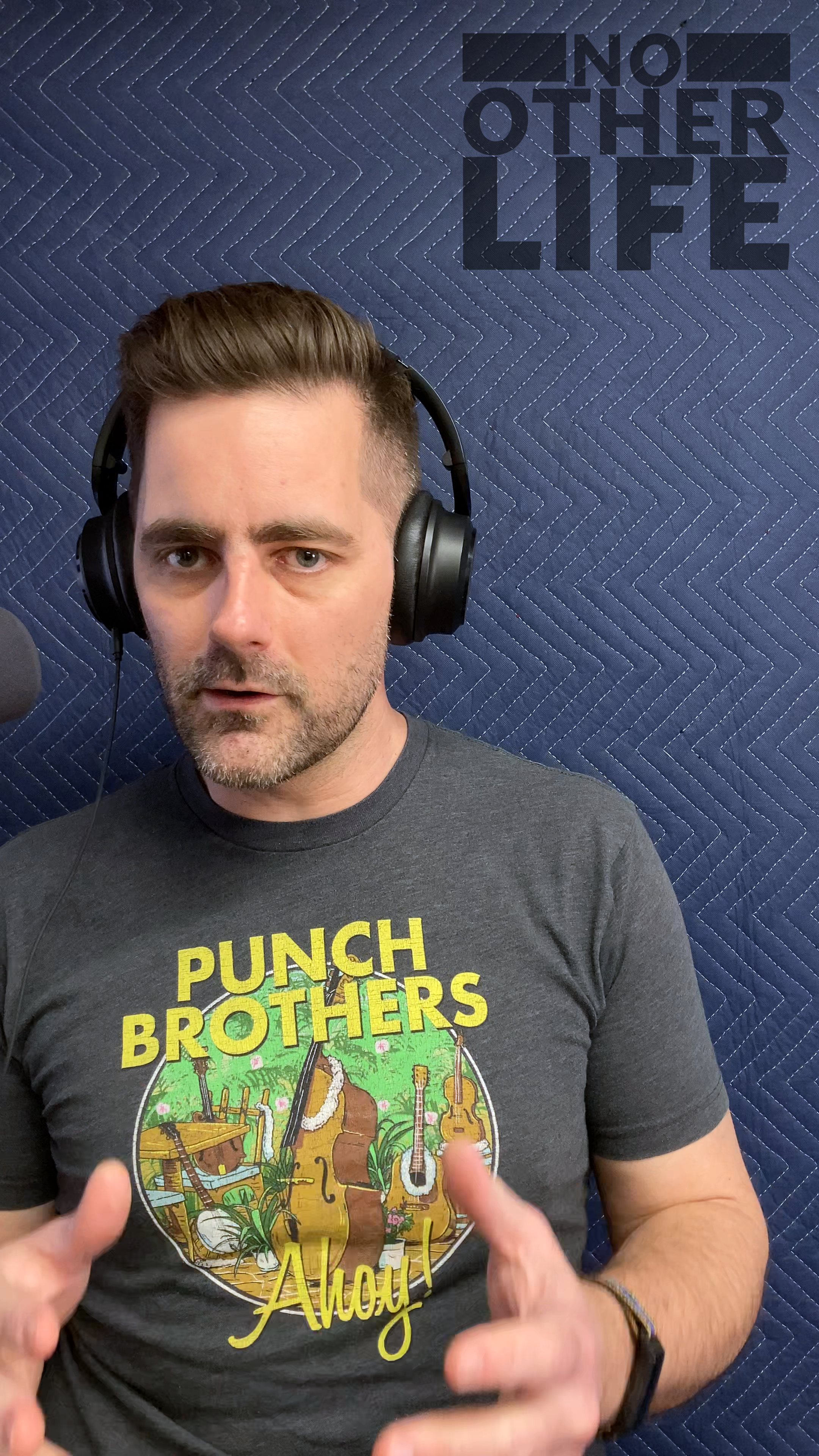We closed last time talking about the wisdom to know the difference between those things we can and can’t change. It seems valuable to do a deeper dive here because this is one of the most obvious things that feels impossible to accept.
Firstly, I think it is important for us to realize the difficulties presented by the word “change”. Season 1 was all about change, transitions of time, transitions of focus. But, in last week’s usage, we spoke instead of “change” in terms of making alterations to something that is already a certain way. As far as external things go, they may seem synonymous, but do you see the slight difference when we say (as a noun) that we are going through change versus saying that we have to change something about ourselves (as a verb). In my mind, the verb is fraught in multiple ways. To change something about yourself suggests an error, or a desire to move from bad to good. This sets us up for failure because any day that we good to bed the same way we woke up implies a lack of initiation, which may be wildly untrue when you think about how much time it can take to work through some of the major hurdles of life. Similarly, saying that we hope to change something about someone else suggests a level or control or dominion which we were never granted and which we shouldn’t strive for.
We can’t change anyone else, we can only influence them through our own actions and behaviors. We’ll dig deeper into that at the conclusion of this season.
So, when it comes to considering those things that we cannot change (past tense) and those we can influence (future tense) in seeking to get to the wisdom to know the difference, it may be helpful to try to ask why one thing would be easier or harder to influence.
I think it can be summarized through the lens of “distance”. In terms of proximal distance, we have very little agency at all to make a significant difference in the outcome of something that is far away. The other end of that plank is our inner self, the self closest to us in feet, and you know how hard that is even!
Temporally speaking, you can’t change the past, and the further off in the future something is, the harder it is to make an influence. Ergo, you will have the easiest chance to influence something happening right now.
Emotionally speaking, the term distant refers to someone who has closed themselves while the opposite is an intimate person, who offers information about themselves freely and yearns for the same in those whom they hold dear.
You could run these thought processes likewise for cultural, intellectual, social, technological, generational, perceptual distances. And if my logic is sound, in all cases, they reveal that your greatest impact is seen by focusing on yourself, in order to get “there” for those around us.
That serenity prayer has been around for a century now, and I would propose an update, or at least a shift of emphasis. In the past hundred years, even in our lifetime we have seen developments previously unheard of to each of the three bullets in its wording. Science has led us to far fewer things that cannot be changed, leaving us thinking at times that everything is malleable to some degree. It seems to me that what we need now is wisdom to know what to change.
We’re seeing a significant divide now. When “mankind” makes Neil Armstrong’s “giant leap”, many “men” are left behind, unable, or unresourced to take even that “one small step”. We are not blind to the possibilities available and we watch a small number of us making significant changes to all versions of “self”. Those of us with more significant resources have a much greater range of things that “can be changed” and I’m afraid that sometimes we lose ourselves in that wisdom that is called for. I’m not judging, just observing.
Perhaps what we need instead is to think as a society and not a collection of disconnected people. In so many ways, the moral of No Other Life is that we make greater connection with others when we’re true to ourselves. Our differences are reduced when we, the leaders among us most of all, begin to accept our shortcomings, learn from them, and share our stories.
A prominent figure was approached in a crowd, and a father brought forward a young boy who was struggling with the same affliction as the man. He took several minutes out of his day to encourage that boy and relate to him how far he will go in his own life if he owns it and requires the same of those around him. That moment will be a node on that boy’s tree of possibility for the rest of his life. What if the man had tried instead to hide that part of himself throughout his very public career, or worse yet, mocked the boy.
But there are many other aspects of “self” that we may not immediately recognize as falling under the canopy of those things that we can change. All circumstances will vary, naturally, but you can quickly see how daunting it all can feel.
If you think back to one of your DPN projects and the Tree of Possibility, which illustrated all the potential outcomes that could have played out following your germinal stimulus. Some of those nodes are huge: “Graduated”. But others are so small it’s a wonder they ever made it here: “Bump into a stranger at coffee shop, begin to talk.”
If you were to try to forecast a DPN as it might happen chronologically, you’d likely think of those big ones but likely would never dream about the coffee shop bump, the lost wallet, or the faulty amplifier that caused the concert to end early and for you to leave the arena when it was still daylight and then meeting someone on a walk afterward. Your stories are all different but they are all made up of some number of these major-minor-occurrences.






